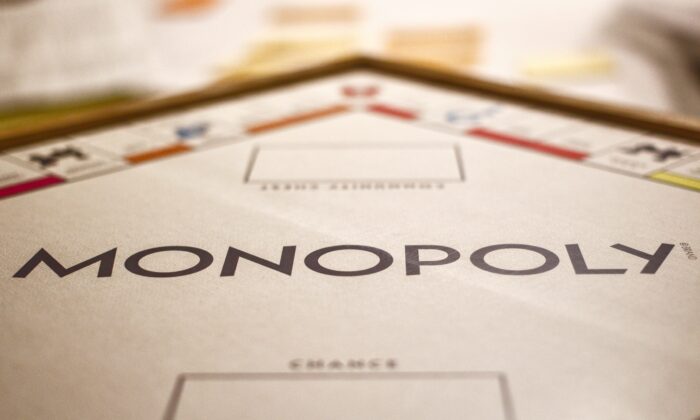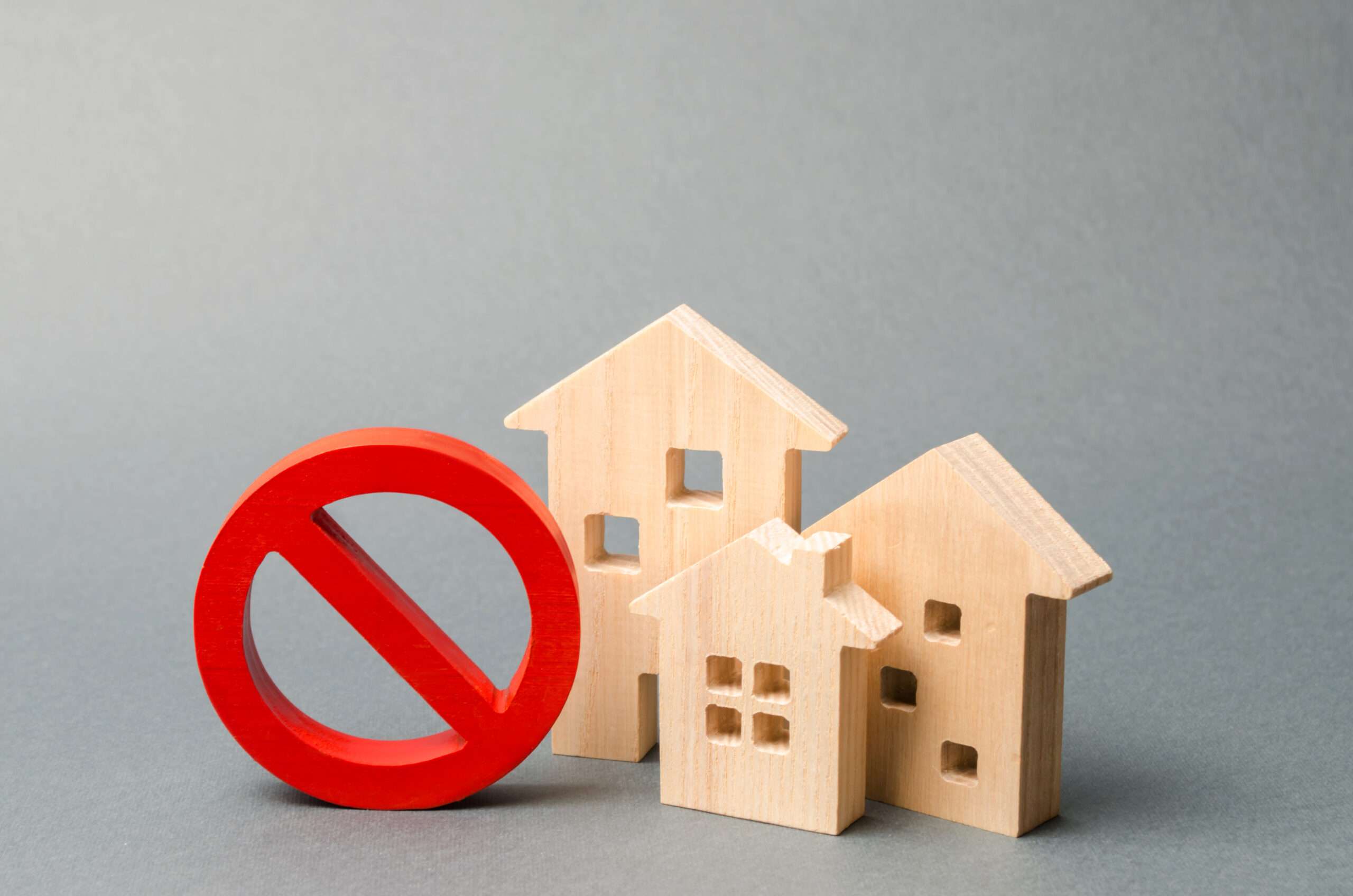Commentary
Monopolies are believed to undermine individuals’ well-being, leading to significant price hikes in goods and services. Jean Tirole, the 2014 Nobel laureate in economics, states that monopolies disrupt the efficient functioning of the market by manipulating prices and product quantities, ultimately harming consumers.
Monopolies are seen as deviating from the “perfect competition” ideal state of the market. Effective government regulations are necessary to control monopolies, with Tirole proposing methods to enhance regulation in industries dominated by a few major firms.
The ‘Perfect Competition’ Model
In a perfect competition market, key features include:
- Many buyers and sellers
- Homogeneous products
- Perfect information for buyers and sellers
- No barriers to market entry
In this model, buyers and sellers have no influence on product prices and are considered price takers. The assumption of perfect information leaves no room for entrepreneurial activity. Any market situation diverging from this model is viewed as suboptimal for consumers, warranting government intervention.
Competition in Products, Not Firms
Competition arises not just from the number of participants but from product variety. The greater the product variety, the more competition and benefits for consumers. When a new product is introduced, the entrepreneur gains full market share.
Contrary to the belief that dominant producers can exploit their position by raising prices, it is argued that competition drives producers to offer suitable prices to attract consumers. The goal is to make profits while ensuring the product sells at a profitable quantity.
Setting a suitable price involves considering consumer spending potential, competitive product prices, and production costs. Any attempt by a dominant producer to ignore these factors leads to losses. Determining a competitive price level is challenging, as there is no clear distinction between monopoly and competitive prices.
Definition of Monopoly
Monopoly, as defined by Murray Rothbard, is a special privilege granted by the state, restricting production to a specific individual or group. Monopoly cannot exist in a free market without state intervention. Attempts by the government to impose lower prices may discourage production.
Government policies are not improving consumers’ well-being, but rather making things worse. Contrary to the perfect competition model, a greater competitive environment is not achieved by having a large number of participants in a market, but by having a variety of competitive products. However, government policies aimed at achieving perfect competition are actually destroying product differentiation and thereby hindering competition.
The concept of offering homogeneous products is not sustainable in a free market where product differentiation drives competition. Each supplier has full control over their product, essentially becoming a monopolist due to their unique ideas and talents. The differences in products manifest in various aspects such as production, packaging, sales location, and customer offerings.
For example, a hamburger sold in a high-end restaurant is different from one sold in a fast-food joint. If the restaurant gains dominance in hamburger sales, should they be penalized for it? Should they change their operations to comply with the perfect competition model? Consumer preference for dining in the restaurant over the fast-food joint is a natural market outcome that should not be interfered with.
The issue of harmful monopolies is irrelevant in a free-market setting. Harmful monopolies only arise when government regulations restrict product variety, limiting consumer choices and harming well-being. Government intervention to regulate monopolies often backfires, stifling market competition and lowering living standards.
In conclusion, the belief that government regulation can promote competition and prevent harmful monopolies is misguided. Instead, such interventions impede market dynamics and hinder consumer welfare. Monopolies are more likely to emerge when governments heavily regulate industries and dictate production and licensing practices.
Please note that the views expressed in this article are the author’s opinions and do not necessarily reflect those of The Epoch Times.
Source link





